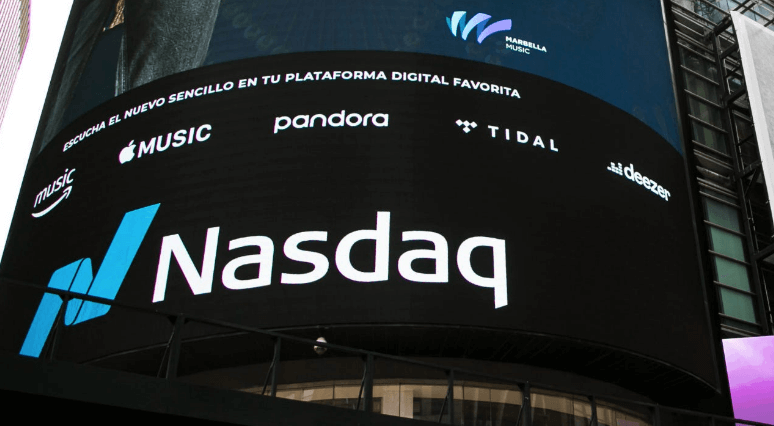Nasdaq is the operator of the Nasdaq Stock Market, the world's second largest stock exchange by market capitalization of stocks traded. As of the end of 2019, a total of 3,140 companies were listed and traded on Nasdaq in the United States. As of May 2020, the combined market capitalization of these companies was $13.85 trillion, compared with $21 trillion on the New York Stock Exchange (NYSE).

Nasdaq helped tech giants like Apple, Microsoft and Intel become what they are today because these companies used Nasdaq in their early days to raise much-needed capital in a timely manner, turning them into multi-billion-dollar businesses. Simply put, Nasdaq helps companies raise money and help investors make money, but all of that help comes at a price.
In short, Nasdaq runs its business on charging all sorts of fees. Listing fees are required for companies to list on the Nasdaq Stock Exchange, transaction fees are required for investor transactions, and service fees are required for users to access market data, products, documents and company services. Nasdaq manages, operates and offers its various products and services through four distinct business units: Market Services, Corporate Services, Information Services and Technology Solutions. Since Nasdaq is a public company, its financial statements may provide insight into how each business unit contributes to revenue.
Market Services
Market Services charges fees for transactions such as cash equities trading, derivatives trading, currency and commodity trading, clearing services, brokerage services and securities management solutions. It supports the trading of derivatives, commodities, cash equity, debt, structured products and exchange-traded funds (ETFs). In selected countries, this unit also provides brokerage, clearing, settlement and custody services, which are all achieved through the Nasdaq trading platform. The company also charges investors to access orders and quotes for processing, display, integration, routing execution and reporting.
Corporate Services
Nasdaq provides financing solutions to global companies through its corporate or listing services. In addition to listing fees, it also charges fees for upcoming IPOs and for switching to Nasdaq from other exchanges.
Information Services
This unit includes Nasdaq's data products, index licensing and services businesses. Data products and services involve the dissemination of Nasdaq proprietary data and third-party data, which are essentially quotes and trade-related information. Market data is required for the research, trading and investment activities of all market participants. Nasdaq makes use of this with its data products, including products, such as Nasdaq TotalView and various data sources across different exchanges and data levels.

Index licensing and services involves the quantitative development and licensing of various indices used by investment companies to issue financial products. Nasdaq charges a license fee to companies that use its index (or any constituent data). For example, if a trading firm wants to launch a new ETF on the popular Nasdaq 100 index, it must pay Nasdaq a license fee. Nasdaq currently has thousands of indices in 45 countries through its Nasdaq Global Index Series. It also provides clients with custom calculations for their selected securities set.
Market Technology
The Market Technology unit serves more than 10,000 enterprise customers through two channels, Corporate Solutions and Market Technology Solutions. Corporate solutions include investor relations services (content, analysis, advisory services and communication tools), public relations services (managing corporate public relations through targeted contacts, press releases, social media and webcasts), and governance (providing services for effective communication and collaboration among stakeholders).

The Market Technology Stream covers technology solutions for Nasdaq's diverse client base (global exchanges, clearing firms, securities depositories, market regulators, banks, brokerages and corporate businesses). A wide variety of solutions are available for trading, clearing, settlement, monitoring and information dissemination.
Nasdaq has managed to diversify its offerings to keep pace with market developments. In addition to technology products and services, Nasdaq's revenue streams include transaction fees, licensing fees, listing fees and data product revenue services. Nasdaq continues to maintain its position as one of the top global exchanges through a healthy mix of organic growth, acquisitions and mergers.





